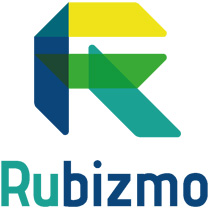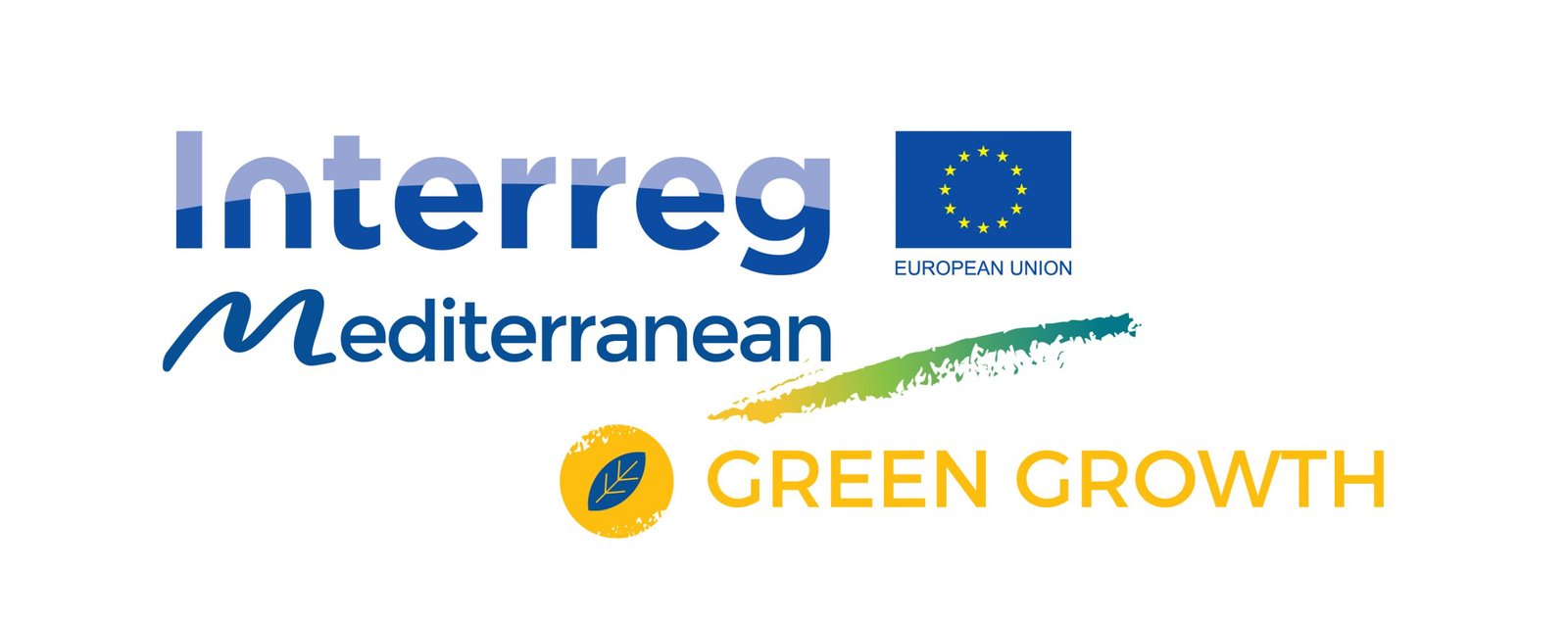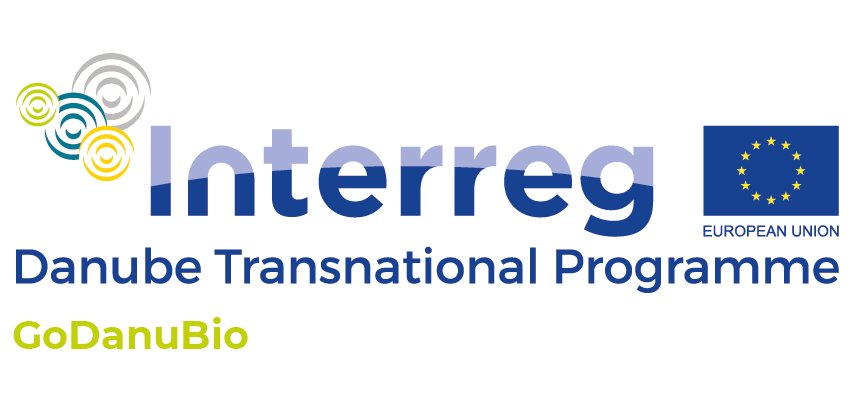TRADEIT project
Project concluded

Objective
The TRADEIT project is a multidisciplinary, multi-sectorial collaborative project supporting a Network of Traditional Food SMEs and Food Researchers in the areas of Collaboration, Innovation, Entrepreneurship, Knowledge and Technology Transfer to increase the competitiveness and inter-regional advantage of Traditional Food Producing SMEs. This will be achieved through focused regional coordination and support activities and events facilitated by the establishment of 9 Regional Traditional Food Knowledge and Technology Transfer Hubs. Each Hub will host a TRADEIT stakeholder sub-network (defined by region, language and/or food group), the members of which will benefit from a suite of knowledge and technology offerings over the course of the project. Food researchers from across Europe will be provided with the opportunity to attend the TRADEIT Entrepreneurial Summer School in which an entrepreneurial skillset will be developed to facilitate future R&D&I Enterprise and Commercialisation activities. The regional focus of the project will be further developed in the Strategic Research and Innovation Agenda which will promote regional R&D&I for pan-European benefit. The TRADEIT project aligns with, and contributes to, the goals and objective of a number of EU Initiatives, Strategies and Policies including Europe 2020 the Innovation Union Flagship Initiative, Horizon 2020, Cohesion Policy in particular Smart Specialisation Innovating for Sustainable Growth: a Bio-economy for Europe and Food Law Regulation
Contacts: Helena McMahon
helena.mcmahon@staff.ittralee.ie











